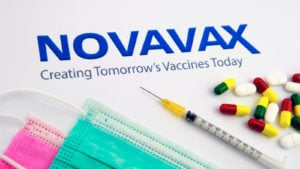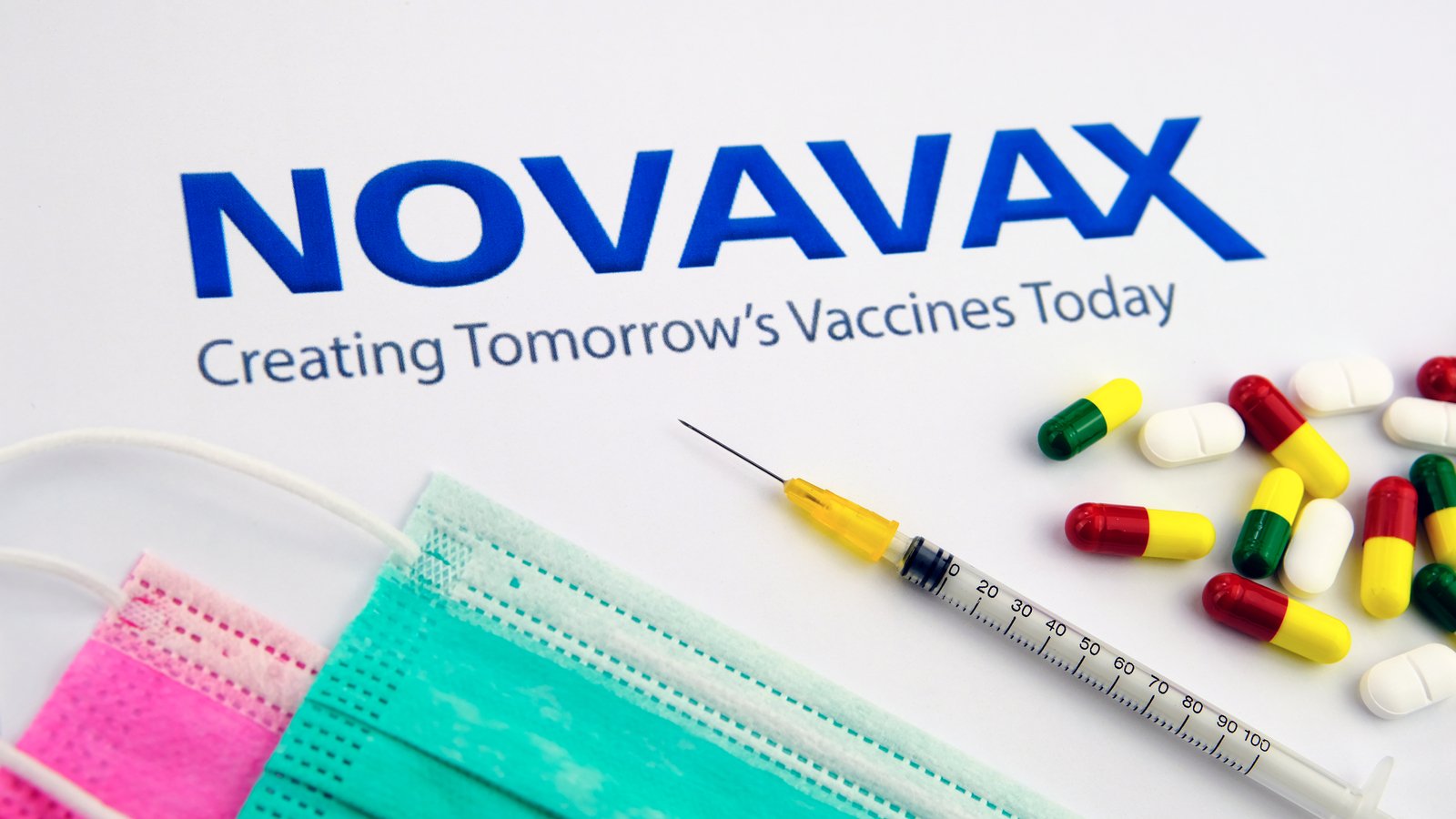Right before we rang in 2020, Novavax (NASDAQ:NVAX) found its equity units trading for just under $4. Fast-forward a few months into the novel coronavirus pandemic and NVAX stock was screaming toward the $200 level.

Of course, it didn’t quite get there. However, if you had gambled on shares at the beginning of this year, you’re still doing very well.
Indeed, it’s hard not to call Novavax as the Cinderella play of 2020. As the New York Times detailed, the biotechnology firm was on the verge of collapse. Before Covid-19 became top and center on everyone’s mind, Novavax was developing a vaccine to prevent a deadly virus in infants. Like other vaccine candidates in the company’s pipeline, it failed, drawing serious questions about the viability of NVAX stock.
Therefore, in a strangely fortuitous and cynical way, the coronavirus was the best thing that happened to Novavax. I hate to phrase it like that, considering that Dr. Anthony Fauci recently warned us to “…do the math. Two to three thousand deaths a day times a couple of months, and you’re approaching a really stunning number of deaths.”
Still, without the pandemic, NVAX stock was itself likely staring at a permanent departure. While this spared many stakeholders, another question has come up in the past few weeks: can Novavax stay relevant in the coronavirus vaccine race?
It’s the question that’s one of the most frequently asked on Wall Street, now that Pfizer (NYSE:PFE), Moderna (NASDAQ:MRNA) and now AstraZeneca (NASDAQ:AZN) have each delivered reports indicating high effectiveness against Covid-19. Just as importantly, the safety profiles of each vaccine candidate is encouraging.
Will this leave NVAX stock in the dust, with Novavax agonizingly short of the finish line? Initially, that’s the seemingly reasonable assumption. However, the vaccine race is more of a calculus problem than it is an elementary arithmetic challenge.
NVAX Stock Is Still Relevant Despite Hiccups
If the battle against the novel coronavirus simply amounted to forwarding a solution, then NVAX stock would probably not be your best bet. Frankly, neither would Pfizer’s nor Moderna’s candidate. Instead, the spoils would belong to the Russians and their Sputnik V vaccine.
But for better or for worse, this race isn’t linear. Indeed, the non-linearity of the Covid-19 vaccination race is what keeps NVAX stock in the running, despite rivals charging first into the headlines. Mainly, this is because you can break down the race into three components: the science, the administration and the distribution.
Interestingly, none of the vaccine candidates – whether in advanced trials or stuck in the pre-clinical phase – offer a comprehensively viable solution. For instance, the underlying science of Pfizer and Moderna is incredibly compelling. Both have forwarded messenger-RNA-based vaccines, which offer quick manufacturing capabilities. Naturally, this is a huge advantage, especially when the world hungers for a robust and safe solution.
However, one of the main draw backs of nucleic-acid-based vaccines (to which RNA vaccines belong) is that they’ve never been approved by the Food and Drug Administration. Broadly speaking, human safety trials, though encouraging are limited. More critically, the stability of mRNA is a matter of ongoing research, which could mean that long-term immunogenicity may be impacted.
On the other hand, Novavax utilizes a subunit vaccine, which is a proven platform. For example, the hepatitis B vaccine came about because of research with subunits. Also, the New England Journal of Medicine analyzed Novavax’s candidate NVX-CoV2373 and discovered encouraging data on efficacy.
Should investors then jump on NVAX stock as a contrarian play off the attention given to Pfizer and Moderna? Not quite. All three score unfavorably on the administration front as they will likely require two doses to be truly effective. That said, Novavax may have an edge in terms of distribution, as Pfizer’s/Moderna’s vaccines may need frozen storage.
But again, this doesn’t mean that Novavax is a better solution for Covid-19. As I mentioned in September, the “manufacturing process to develop the underlying nanoparticles is more involved than producing the traditional oligonucleotides that may be used in nucleic-acid vaccines.”
As you know, time is of the essence.
Demographics Will Be Key
Given that the current coronavirus vaccines have a range of shortcomings, the approach moving forward will be to focus on each candidate’s strengths. From there, health officials can strategize which vaccines go where.
For instance, some health care facilities in the U.S. may not have the infrastructure to handle freezing storage requests. That could make vaccines from Pfizer and Moderna inappropriate. However, it would open the door to Novavax, AstraZeneca or even Johnson & Johnson (NYSE:JNJ), which utilizes a viral-vector approach similar to AZN.
Also, another consideration could be age and the existence of underlying conditions. In my opinion, RNA-based vaccines seem best suited for younger or healthier individuals. In contrast, subunit vaccines are applicable to people with weakened immune systems. Thus, you could see Novavax’s candidate heading toward states with higher levels of chronic conditions.
Ultimately, the biggest takeaway is that the United States is the greatest country in the world. And President Donald Trump deserves credit for spearheading an unprecedented initiative that seems to have resulted in a massive success. But this victory isn’t exclusive to any one company, which keeps NVAX stock in the game.
On the date of publication, Josh Enomoto did not have (either directly or indirectly) any positions in the securities mentioned in this article.
A former senior business analyst for Sony Electronics, Josh Enomoto has helped broker major contracts with Fortune Global 500 companies. Over the past several years, he has delivered unique, critical insights for the investment markets, as well as various other industries including legal, construction management, and healthcare.
